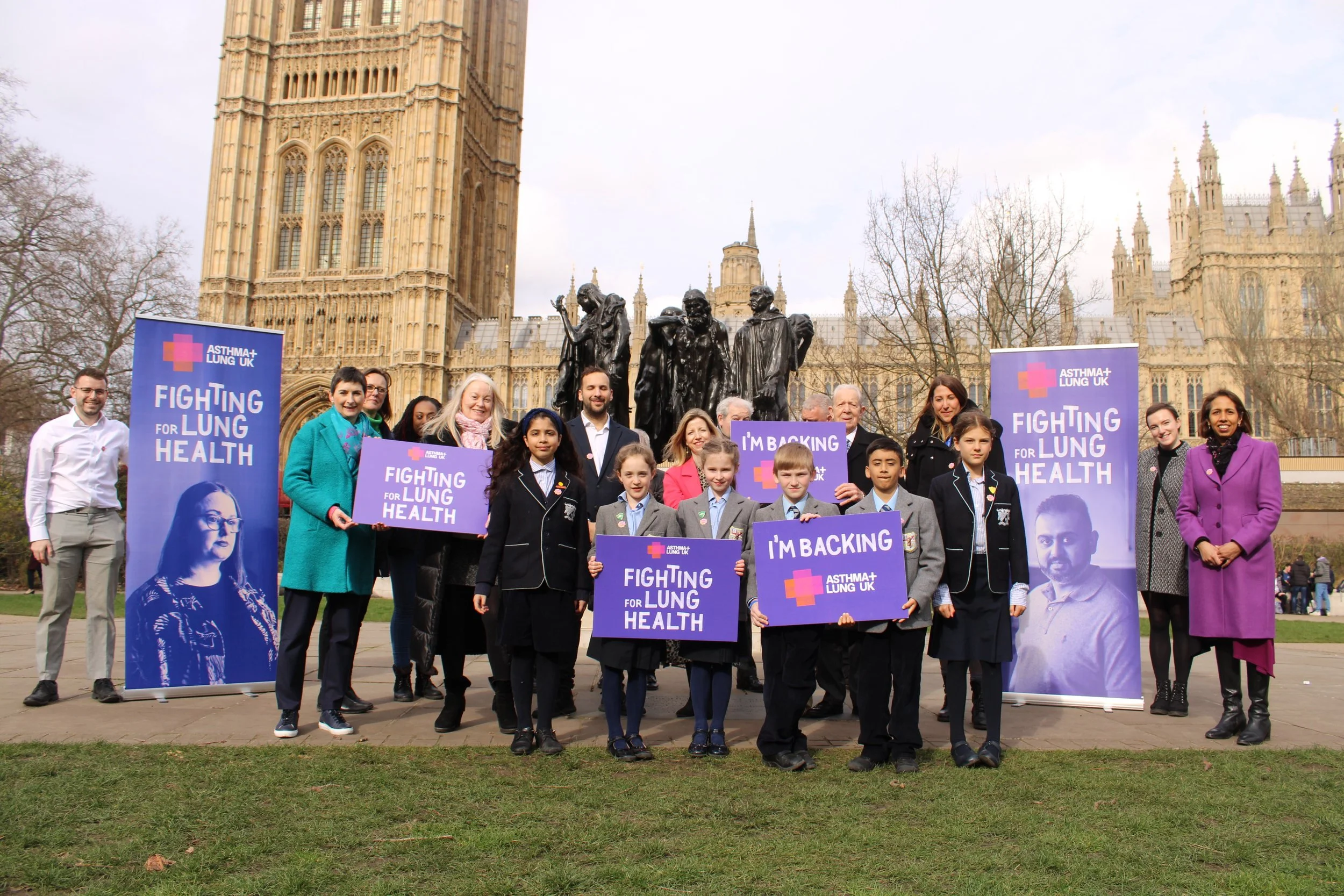Looking after your wellbeing in winter
Winter can be challenging if you have a lung condition. It’s really important to take time for yourself and look after your physical and mental wellbeing. Here is our advice to help you stay well during the winter months.
Take care of your mental health
Some people find that long nights and lack of sunlight in winter can affect their mood. Things may be even more difficult this winter, with the cost of living crisis affecting many. Looking after your mental health is really important for your wellbeing. Stress and anxiety can be a trigger for asthma or make your asthma harder to manage. They can also cause feelings of breathlessness or affect your breathing, which could worsen your lung condition symptoms. We have a lot of practical advice to help you manage your mental wellbeing if you're living with a lung condition
Keep active
Try to stay as active as you can. It will help keep you warm by generating body heat, but keeping active can also boost your mood. If it’s too cold to go outside, there are lots of ways you can keep active indoors. Even a little bit of activity is better than none, so try to move around as often as you can. We have a Keep Active programme designed for people with lung conditions, however active you are. The NHS also has activities you can do if you’re a wheelchair user.
Stay well at home
In winter, we spend much more time indoors, which means that we need to be extra careful about keeping our home environment safe.
Open fires and wood burning stoves. These can cause asthma symptoms to get worse or mean you’re more likely to have a flare-up if you have a lung condition like COPD. Central heating is a safer, cleaner option, but it can still affect the air in your home or increase the amount of dust mites. Watch out for symptoms getting worse when you put the heating on.
Mould and damp. Keep your home heated to at least 18°C, if you can. This can help prevent damp and mould, which can be a problem in winter. Try to heat the main rooms you use most if you’re not able to heat your whole home. We know that keeping warm is going to be hard for a lot of people this winter. If you’re worried about heating costs, use our website to check what help you could get.
Eat well. Eating well is really important if you have a lung condition. A healthy, balanced diet can help prevent infections and keep your lungs and rest of your body healthy. If you’re struggling to afford food, there is help available.
Take your medicines as prescribed. Make sure you keep taking your medicines as prescribed. Sticking to a good management routine will help lower the risk of indoor triggers affecting you. If you go out, make sure you take your reliever medication with you, in case symptoms do come on.
Ask for support
If you’re struggling, speak to a trusted friend or family member, or ask your GP for support. Our asthma and lung conditions Health Unlocked forums and support groups are a great way to connect with others affected by a lung condition and help you feel less isolated.
If you’re worried about your symptoms or need advice, our Respiratory Nurse Specialists and Healthcare Advisors are here to talk to you. We can give you advice on managing your lung condition as well as helping to improve your general wellbeing. We can also give you advice on accessing financial support and welfare benefits. Our Helpline is open Monday to Friday, 9am to 5pm. Call us on 0300 222 5800 or email helpline@asthmaandlung.org.uk.
Please note that our Helpline will be closed for the Christmas break from Friday 22 December at 3pm and will reopen at 9am on Tuesday 2 January.
We empower people with lung conditions to make changes that can be transformative.
Please donate now to help make sure people with lung conditions can live well this year.








